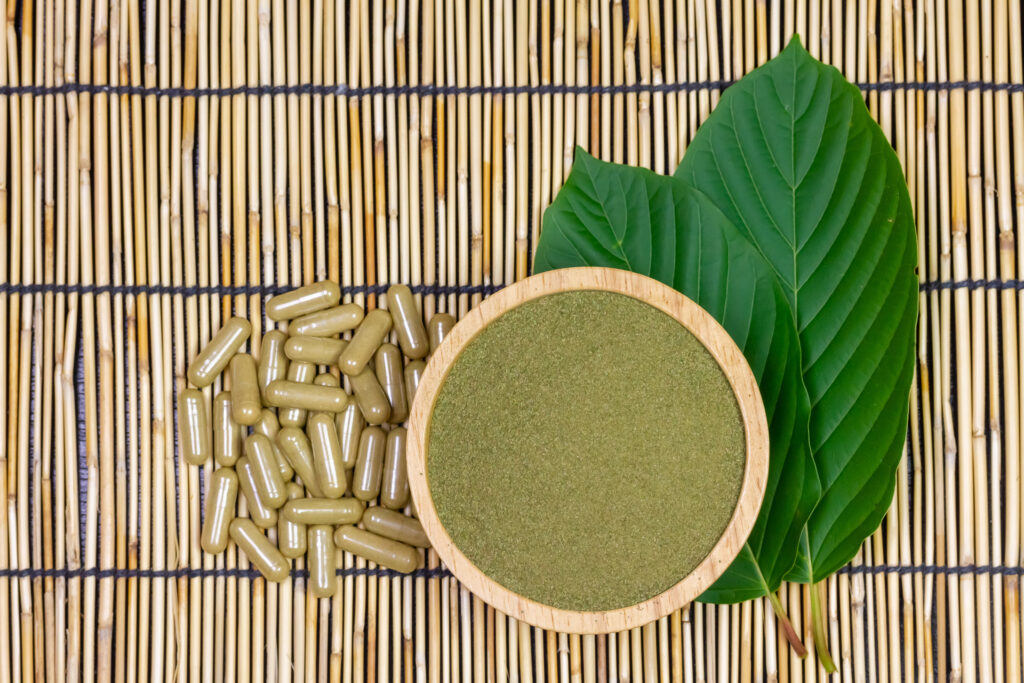As one of the greatest heavyweight boxers in history, Mike Tyson is no stranger to media attention or the stages of addiction. Despite retiring from professional boxing in 2005 after his last fight against Kevin McBride on June 11, 2005—Mike Tyson has found ways to remain in the spotlight.
Tyson has stayed on the radar from TV cameos to exhibition matches, including a bout against Roy Jones Jr. in 2020 and a scheduled professional fight against Jake Paul on November 15, 2024.
But we’re here to talk about that other side of the man. Mike Tyson recently opened up about his addiction to cocaine and what he has learned from his battles outside the ring.
This Redemption Recovery article explores Mike Tyson’s addiction journey and battle with anger and mental health.
.
Mike Tyson and Cocaine Addiction
Mike Tyson grew up in Brownsville, one of Brooklyn’s poorest neighborhoods. He was involved in countless street fights and was arrested 38 times before he was even 13 years old. Mike revealed that he was only 11 when he tried cocaine for the first time and has said in several interviews that he was a ‘full-blown cokehead’ at the height of his boxing career.
As difficult as it might be to imagine a guy who was arguably the best professional heavyweight boxer in the world at the time being actively addicted to cocaine and alcohol—Mike Tyson was. Another detail Mike relayed was that he used a ‘fake penis’ called Whizzinator filled with someone else’s clean urine to beat drug tests. In several interviews, Tyson admits being under the influence of cocaine during many of his high-profile matches.
Mike Tyson Arrested for Cocaine Possession & DUI
In 2006, shortly after he first retired as a pro boxer, Tyson was arrested for possession of cocaine and driving under the influence (DUI) after being stopped by police in Scottsdale, Arizona. While he claimed he was innocent at the time of his arrest, he would later plead guilty in court, following the advice of his attorney. Notably, cocaine use has also long been associated with anger and aggressive behavior. Of course, we can’t blame Iron Mike’s infamous rage on cocaine addiction alone, but it could certainly have been a contributing factor.
Did Mike Tyson Ever Go to an Addiction Treatment Center?
Per his biography, Mike Tyson went to an addiction treatment center at least once in 2009 for cocaine addiction and alcoholism. Tyson says he spent a year at the addiction treatment center. While Mike doesn’t claim to be sober today, he says he has come a very long way.
Today, Tyson claims he confines his drug use to marijuana and psilocybin mushrooms, which he believes also helped him “turn his life around.” We’re not convinced this is a practical approach for anyone, but we are glad that Mike Tyson is no longer battling cocaine addiction and at least seems to have found some of the peace that eluded him for the first half of his life.
What Other Drugs Did Mike Tyson Use?
While cocaine addiction was Tyson’s primary substance abuse battle, he was never a stranger to other substances. Speaking to Interview Magazine, Mike admitted to smoking dried venom from a poisonous toad as many as 80-90 times and even sharing this drug with his adult children. The toad’s excretions contain a powerful hallucinogen known as 5-MeO-DMT, a cousin to the more popular DMT. Tyson also says he experimented with psilocybin mushrooms and even ayahuasca in an effort to “meet God.
Mike Tyson’s Battles Outside the Ring
Mike Tyson had a rough introduction to the world. His early experience likely contributed to his anger issues and cocaine addiction later in life. Tyson was born in Brooklyn, NY on June 30, 1966. His father abandoned the family when Mike was only two. Mike Tyson’s mother, Lorna, was left alone to raise him, his older brother Rodney, and his older sister Denise.
Tyson’s Anger and Mental Health
Mike Tyson’s struggles with anger management are no secret. He was bullied for his high voice as a young boy, and between that and growing up in a rough neighborhood to begin with, Tyson turned to violence as an outlet for his anger. While Mike Tyson eventually turned his impeccable natural instincts as a street brawler into an incredible career as a professional heavyweight boxer—his anger continued to cause him problems. One of the most notorious incidents unfolded on June 28, 1997, when he bit Evander Holyfield’s ear during the third round of their famous rematch. This led to Tyson’s disqualification from the match and suspension from boxing.
What’s Mike Tyson Like Today?
These days, cocaine addiction is in Tyson’s rearview mirror, and he no longer drinks alcohol. Even though he’s not exactly sober—-most fans seem to have taken a shine to the “kinder, gentler Mike Tyson.” Perhaps age has helped mellow him, but it’s also evident that Iron Mike has done some work on himself and learned to manage his anger.
He also has much more of a sense of humor about himself and tends to wax philosophical in interviews now in a way we never saw before. This suggests that the Mike Tyson of 2024 holds insights that the younger Mike never had. This quote from an interview he did with actress Rosie Perez is a great example of that.
“I was taught this, Rosie. Fear is your friend, but your mind is not, so you have to control your mind. Most people are not in control of their minds. Their mind is in control of them.” Tyson said.
Recovery Begins With Redemption: Conquer Addiction Here
Overcoming cocaine addiction or any other substance use disorder is a process. An addiction treatment center is the best way for most people to begin the process of recovery from addiction. Remember that this is a process and practice that we continue for life. But starting with the most solid foundation possible is the best way to ensure success.
As one of Ohio’s most trusted addiction treatment centers, Redemption Recovery is dedicated to seeing and treating every person we help as an individual. This means specialized treatment programming tailored to your specific needs. It also means that we are invested in more than just the time you spend with us in treatment. We’re with you for the long haul and invested in your long-term recovery.
There’s never a wrong time to get on the right path: (419) 528-8007





